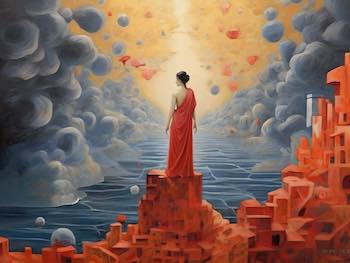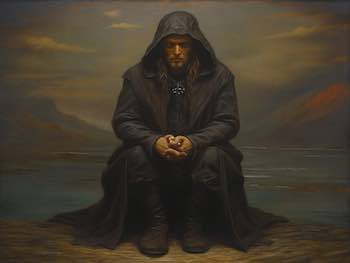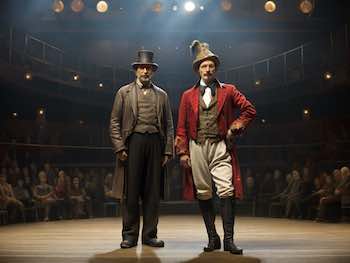Can we put an end to the debate on interpretations of quantum mechanics?
Helgoland, Carlo Rovelli’s excellent book already mentioned here, deserves a second article. He makes a concise and masterful assessment of interpretations of quantum mechanics, returning back to back those who vainly try to reconcile with classical mechanics and explaining why, in his opinion, conciliation is not necessary. Let’s quickly summarize the assessment: Everett’s multiple universes … Read more










